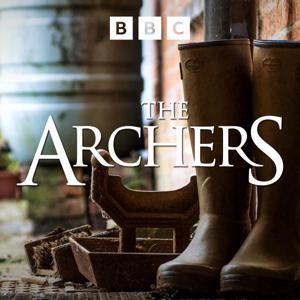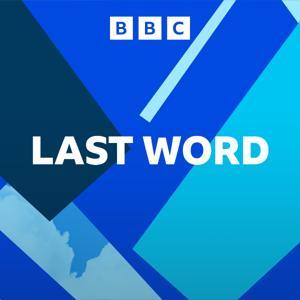
Sign up to save your podcasts
Or












The podcast currently has 467 episodes available.

7,731 Listeners

1,090 Listeners

404 Listeners

878 Listeners

1,057 Listeners

394 Listeners

41 Listeners

5,535 Listeners

1,795 Listeners

1,827 Listeners

1,084 Listeners

1,960 Listeners

485 Listeners

45 Listeners

269 Listeners

32 Listeners

158 Listeners

237 Listeners

151 Listeners

1 Listeners

34 Listeners

166 Listeners

3,220 Listeners

1,036 Listeners

47 Listeners